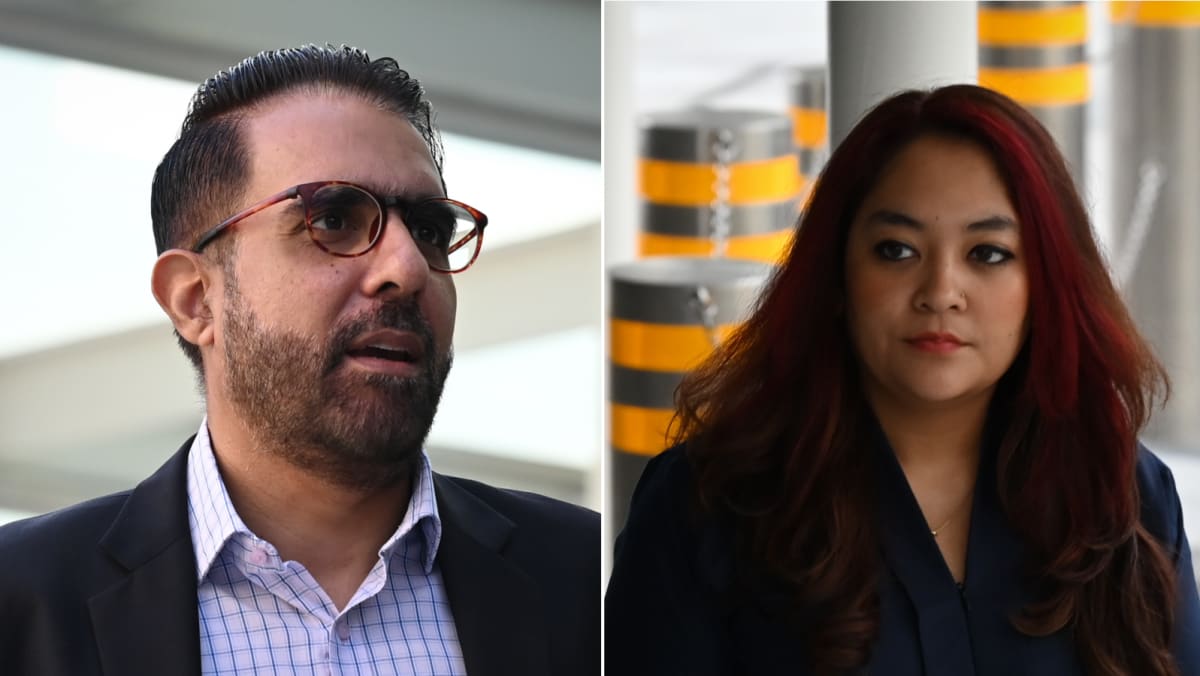ARGUMENTS FROM SUBMISSIONS
At the opening of the trial on Tuesday, Judge Tan said that he had read the submissions by both sides and asked if they had anything to add.
Mr Jumabhoy replied that he wanted to address cases that had been submitted by the prosecution.
The defence lawyer also took issue with how the prosecution had “amalgamated” a set of questions in its charges.
He said this went against “a plain and unambiguous reading” of Section 31(q) of the Parliament (Privileges, Immunities and Powers) Act – the section which Singh’s charges are under – which uses the singular word “question”.
Referring to the cases referenced by the prosecution, Mr Jumabhoy pointed out that the wording of Section 31(q) – which states that an offender must have “wilfully make a false answer to any question” – was narrow.
“It is for this reason that we say both charges against Mr Singh must necessarily fail,” Mr Jumabhoy argued.
“They do not set out the question and they do not set out the false answer given to that question … what the prosecution (is) essentially doing, is conflating what is required for the purposes of the charge with what is required for the elements of the offence.”
He added that the amalgamated answers fell short of what was required of the prosecution to prove, as the prosecution was simply relying on what would be inferred from these answers.
“The fact of the matter is that in relation to the charge, he never gave that answer at all,” he said.
After some clarification queries from the judge, Mr Jumabhoy said that part answers or a lack of answers given by a person questioned would “fall foul” of the statute.
But Judge Tan then pointed out that a person can deliberately give part answers throughout and not be caught by the statute.
Mr Jumabhoy replied that that was a “pretty extreme position” of a person “trying to wriggle around the statute”.













